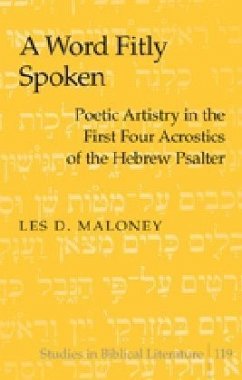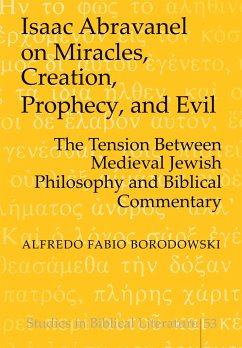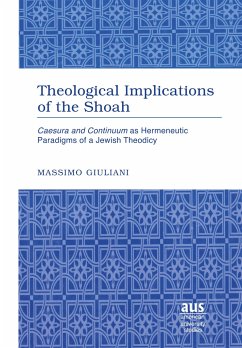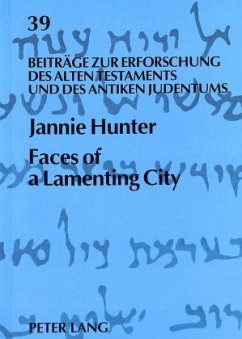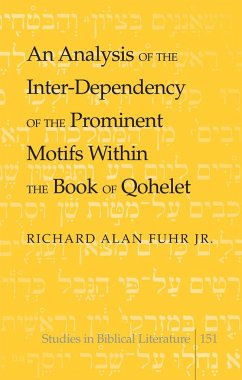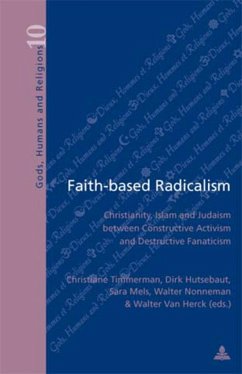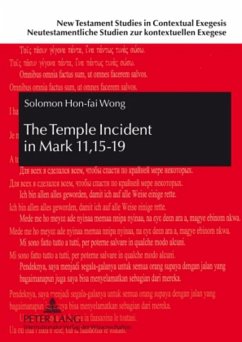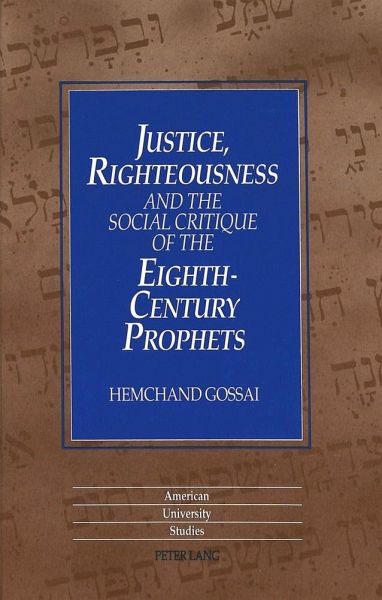
Justice, Righteousness and the Social Critique of the Eighth-Century Prophets
Versandkostenfrei!
Versandfertig in 6-10 Tagen
87,30 €
inkl. MwSt.

PAYBACK Punkte
0 °P sammeln!
This is an exhaustive and perceptive analysis of the use of mispat and sdq in the Hebrew Bible and in particular the Eighth-Century Prophets. The author focuses on the social critique of these prophets and the role of mispat and sdq in this development. Further, the book offers an insightful exploration of chosen texts and provides a daring platform for the contemporary church to discern the intrinsic connection between worship and social justice.






